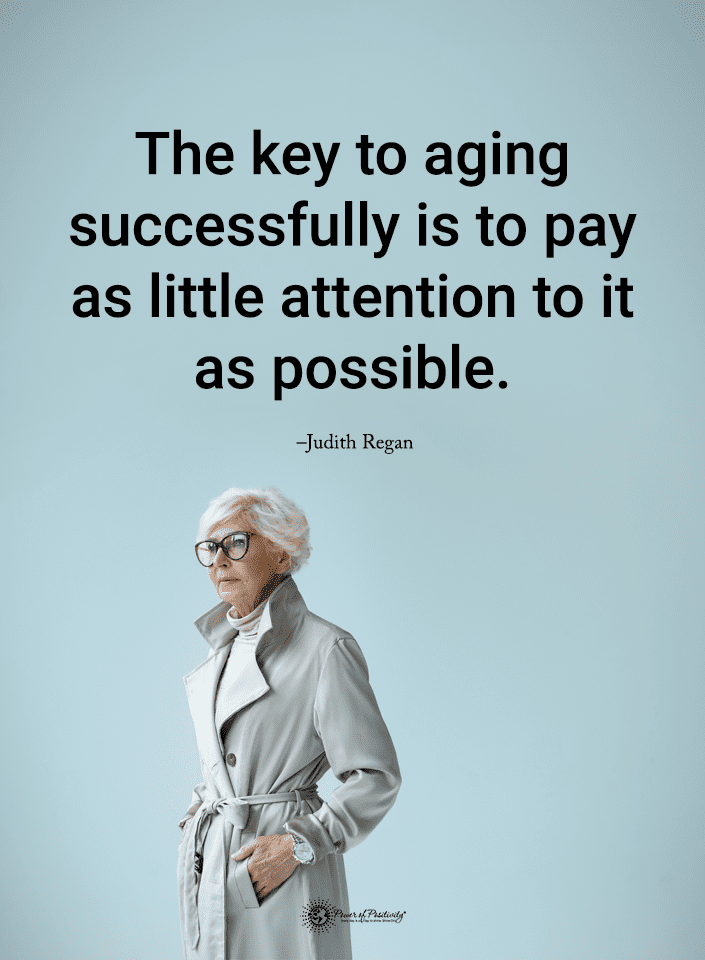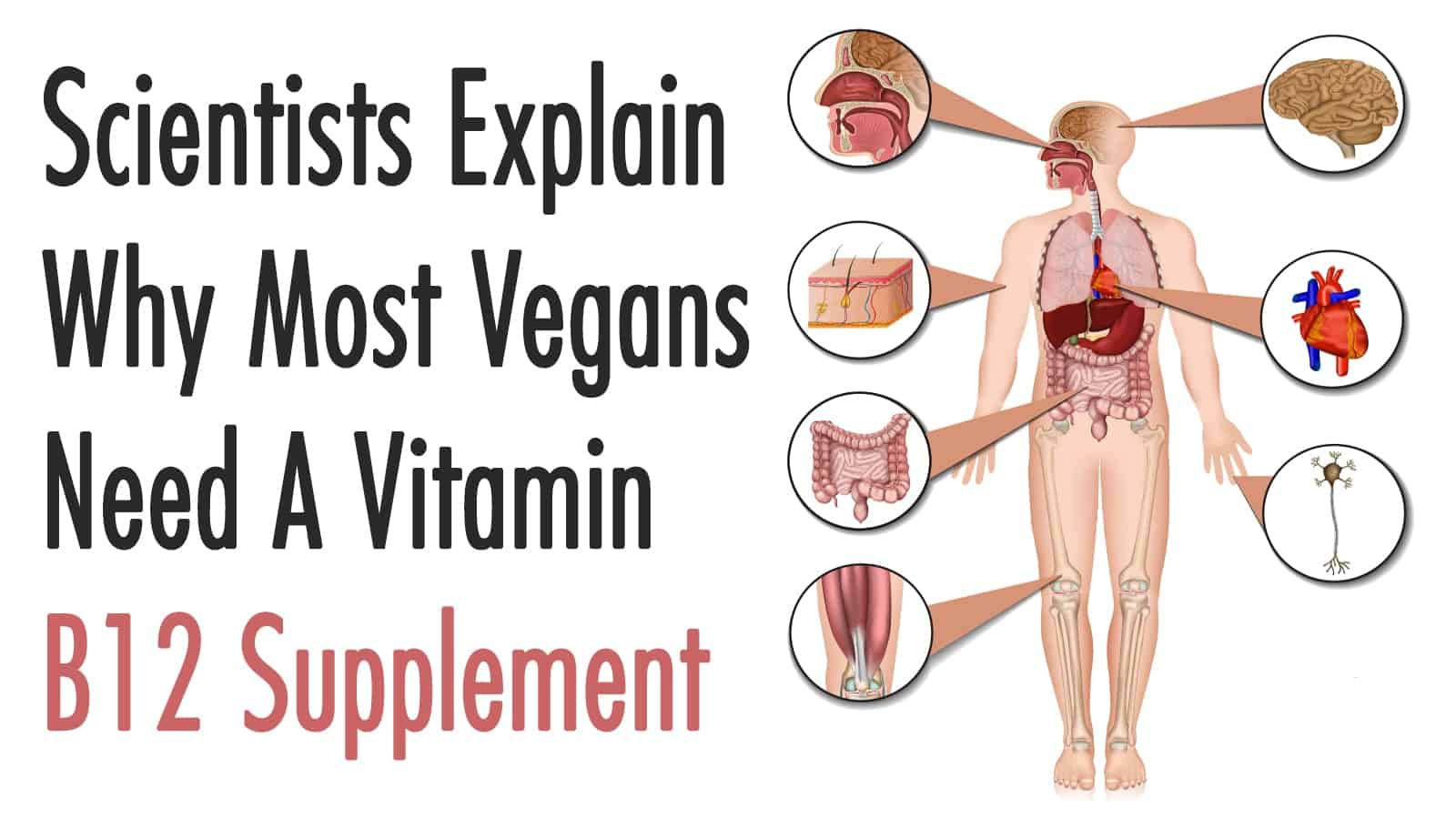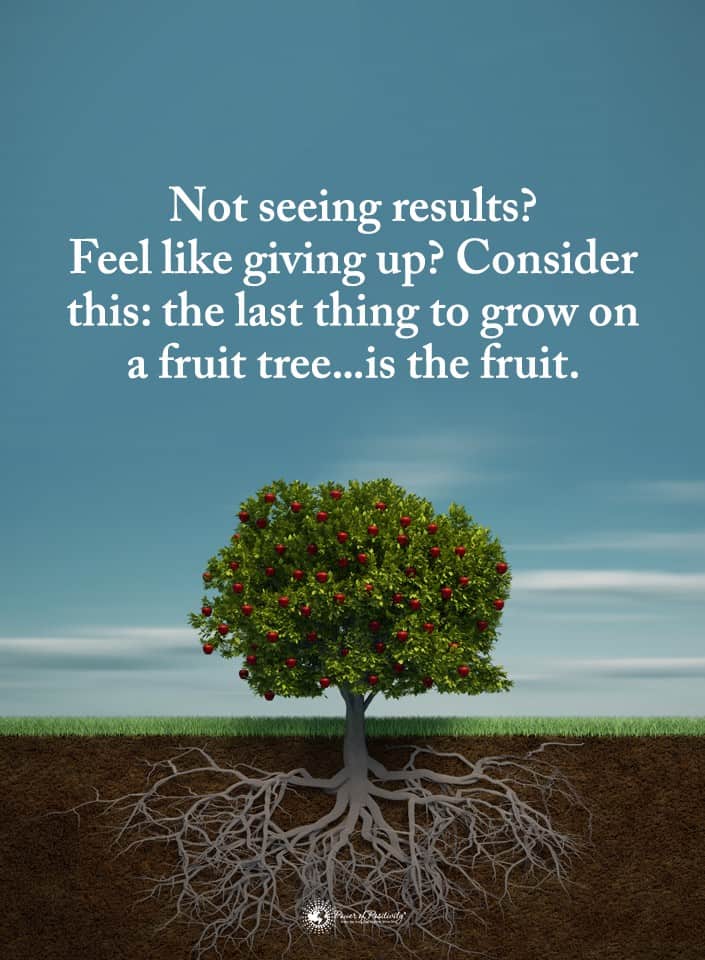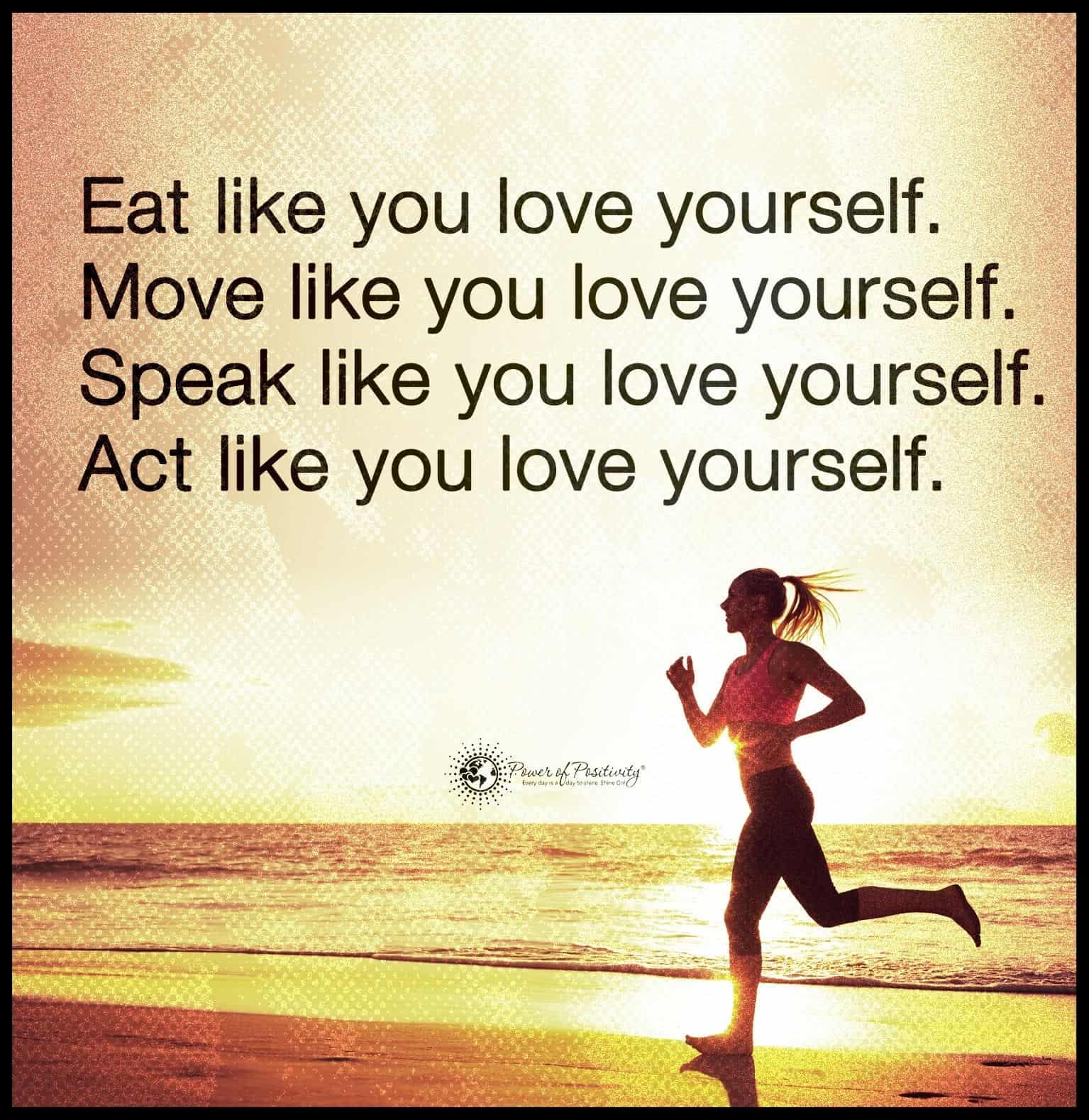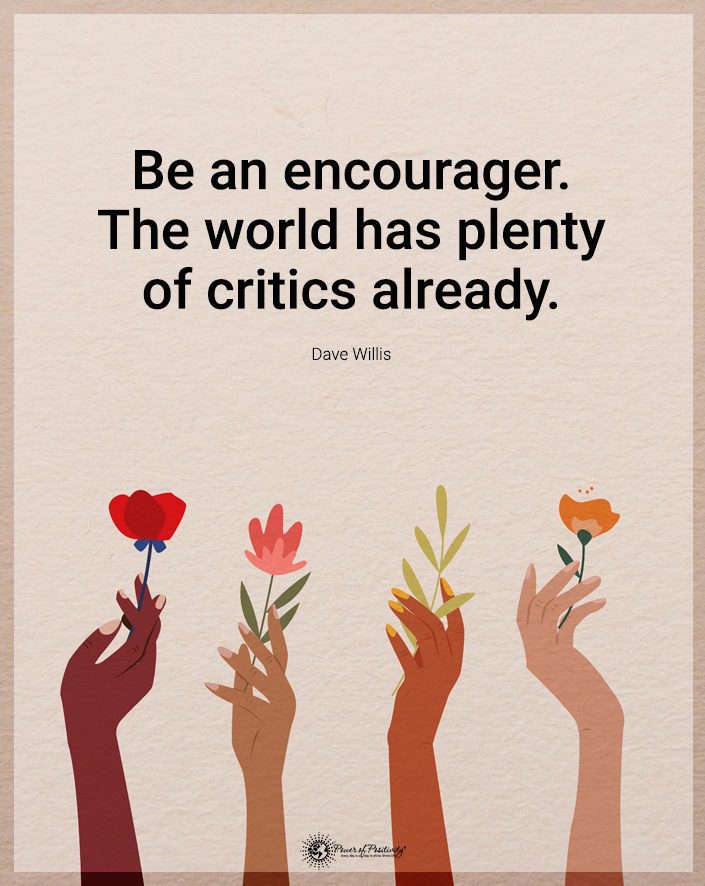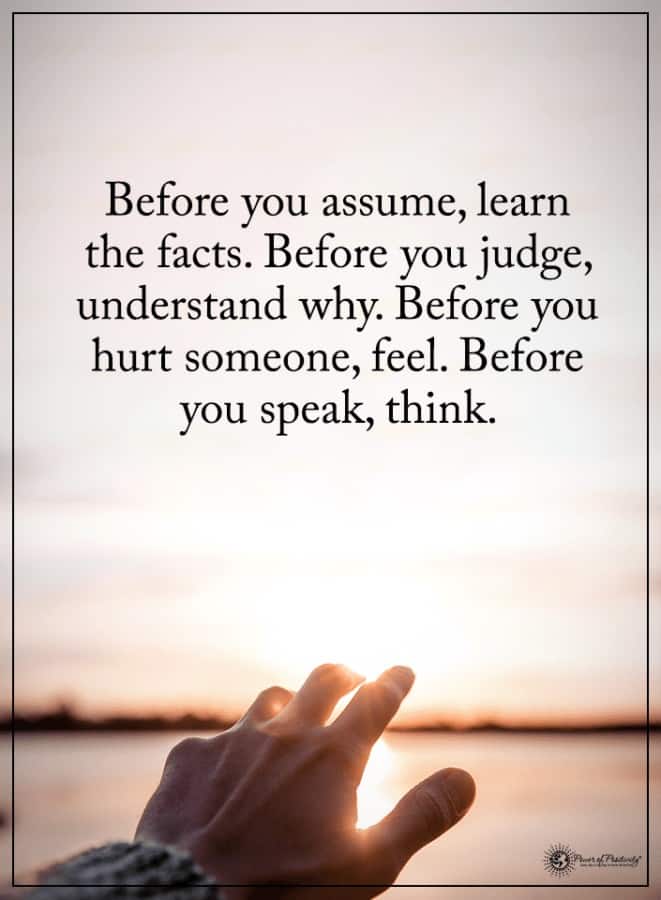Are you waking up smelling the roses? Or is the flower of your love on the brink of death?
Allow yourself to further strengthen the bond you have with your other half or give your relationship the kiss of life it really requires.
Without further ado, let us dive straight into what these ways may be.
5 Ways To Give Your Relationship The Love It Deserves
1. Be in the here and now for your future together.
Being available in a relationship is vitally important, in every sense of the word. Gents, that means actually listening to your lady. Hearing her words does not count here. Ladies, that also goes for you. Let their success be yours as well. Share your problems with each other. Tell each other things you find emotive in some way and give an honest reaction. Through the course of time, these things add up and you will feel closer to your chosen partner in crime (not that we would ever advocate committing a crime other than stealing the heart of said partner in crime every day!).
2. Physical touch in your union is paramount.
Any romantic relationship without physical touch is like a ticking timebomb. Our faithful friend Oxytocin gives us a lift from touching to help our emotional situation, so give your emotional situation a lift with some touching via our faithful friend Oxytocin. According to educational Psychologist Ludwig Lowenstein, that means four hugs a day. Do not forget to throw in some kissing and other kinds of touching, for all this not only makes you feel better but it also makes you healthier. For those of us with years and decades behind us with the same handsome guy or gorgeous gal, do you remember when you first got together and you could not keep your hands off each other? We rest our case.
3. Mutual appreciation gives a great sensation.
Another one of those things we do when we start a romance with someone new. We tell each other how amazing we are and everything we say and do is good. Of course, we tend to stop doing that as the years go by but the love will flow so smoothly if we keep doing it. Why not try complimenting on something small? Then how about complimenting more frequently? Lastly, surely it sounds good to turn this into a habit? Give it a go, and then watch your relationship go – from strength to strength. So be each other’s cheerleader, but please be advised that pom-poms are optional!
4. Go on a date with your mate…
…without any distractions. You could be taking the fishing rods and bait or having a night out on the tiles until late. Does that not sound great? Seriously, you should want to spend some quality time with your Dearly Beloved and not have to worry about any outside interference, such as work or kids. If you are feeling particularly amorous, you can go on a weekend away with Joy to recharge those love batteries. Enjoy!

5. Be a friend as well as a lover.
Could you ever imagine being in a relationship with your worst enemy or a stranger? The logical answer is obviously no. This has everything to do with how connected we feel with our life partner. You need to ask yourself: “Is my attachment to Trixie/Trevor a healthy one?” If the answer to that is no, then you can overcome this by taking on the role of friend. Not to worry, you are not demoting yourself, you are simply adding another string to your Cupid’s bow. If you feel like the connection to your significant other is like trying to charge your iPhone with a Samsung phone charger, then you can ask him/her questions about different things about him/her. That way you show your life partner that you are not withdrawing from the relationship. Just remember that a relationship is a two-way street.

